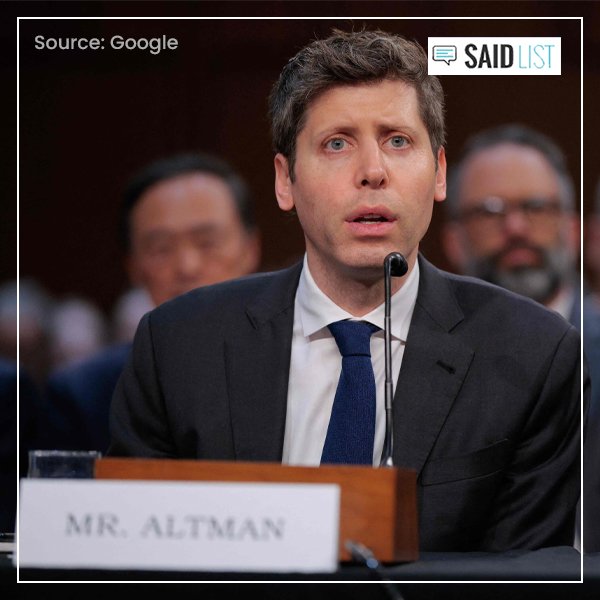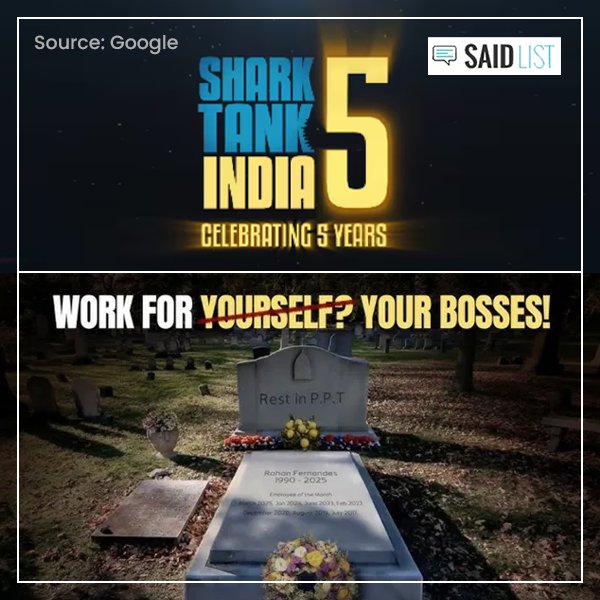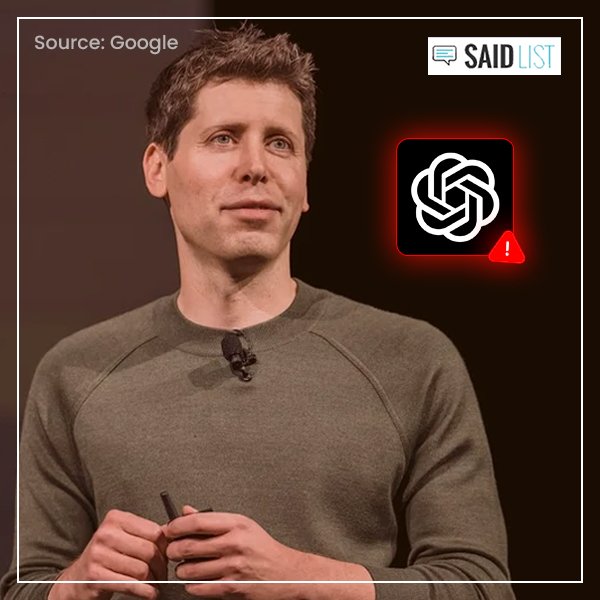In the ever-escalating AI arms race, the battle isn’t just between machine learning models—it’s also between billion-dollar tech giants fighting over top talent. The latest twist in the ongoing drama between OpenAI and Meta comes as three of OpenAI’s Zurich-based researchers, including the respected Lucas Beyer, exit to join Meta’s newly formed superintelligence team. But the move became controversial when OpenAI’s CEO Sam Altman claimed that Meta lured these minds with jaw-dropping $100 million signing bonuses—a claim Beyer quickly branded “fake news.”
The incident has sparked intense debate across the AI industry, not only about compensation but also about truth, credibility, and the aggressive competition between tech powerhouses like OpenAI and Meta. Let’s unpack the entire story.
Who Are the Researchers Who Left OpenAI?
According to a Wall Street Journal report, three high-profile AI researchers—Lucas Beyer, Alexander Kolesnikov, and Xiaohua Zhai—have exited OpenAI to join Meta’s new superintelligence division. All three were part of OpenAI’s Zurich team and have extensive research backgrounds, particularly in areas related to deep learning, vision transformers, and large language models.
Beyer, a former researcher at Google before joining OpenAI in 2024, has been a prominent figure in the machine learning research community. His contributions to models like Vision Transformers (ViTs) and representation learning are widely cited and respected.
Their decision to join Meta signals a serious intention by Mark Zuckerberg to bolster Meta’s AI research capabilities after falling behind in the generative AI race.
What Exactly Did Sam Altman Say?
During a recent interview on the Unconfuse Me podcast, OpenAI’s CEO Sam Altman claimed that Meta had begun offering extravagant incentives to lure top talent from OpenAI. Altman specifically mentioned figures like $100 million in signing bonuses and even higher annual compensation packages for select individuals.
“Meta started making giant offers to a lot of people on our team—$100 million signing bonuses, more than that in compensation per year,” Altman alleged.
The comment, whether offhand or deliberate, implied that Meta was trying to buy its way into AI dominance—a narrative that certainly painted Zuckerberg’s company as aggressive and possibly even desperate.
Lucas Beyer Calls Out ‘Fake News’
But it didn’t take long for Beyer to publicly refute Altman’s claims.
In a tweet posted to X (formerly Twitter), Beyer wrote:
“Hey all, couple quick notes: 1) Yes, we will be joining Meta. 2) No, we did not get 100M sign-on, that’s fake news.”
The message was short, direct, and instantly viral. In a witty follow-up, Beyer even joked:
“Thank God Sam let me know I’ve been lowballed,” responding to a user’s sarcastic comment.
The post made it clear that, while the trio has indeed joined Meta, the compensation numbers floating around are wildly exaggerated—at least according to the man in question.
Why Did This Statement Matter So Much?
Beyer’s rebuttal isn’t just a clarification—it’s a direct challenge to the narrative Altman was building. In the high-stakes world of AI research, where perception often fuels valuation, funding, and talent acquisition, credibility is everything.
Altman’s statement made it sound like OpenAI is under siege from Meta’s cash. Beyer’s correction paints a different picture—one where values, vision, or research freedom may have driven the switch rather than money.
It also raises an eyebrow: Was Altman exaggerating the numbers to discredit Meta or to galvanize loyalty within OpenAI? Either way, the situation shows just how tense things have gotten between the top players in AI.
Meta’s AI Ambitions: Why the Hiring Spree?
Meta’s rush to recruit elite AI minds isn’t random. Over the past year, the company has struggled to keep pace in the large language model race. While OpenAI’s ChatGPT, Google’s Gemini, and Anthropic’s Claude dominate headlines, Meta has been trying to regain ground.
According to Reuters, Meta has experienced:
- Key staff exits in its AI division.
- Delays in launching new open-source models.
- Increasing pressure to deliver competitive alternatives.
Zuckerberg is now investing heavily in Meta’s FAIR (Fundamental AI Research) team and a new superintelligence research unit. His public commitment to open-source AI models is both a philosophical stance and a tactical strategy to differentiate from OpenAI’s more closed ecosystem.
By onboarding researchers like Beyer and Kolesnikov, Meta is clearly signaling: We’re still in the game—and we’re going to play it differently.
The AI Talent Wars: What’s Really at Stake?
This isn’t just about one hiring incident or an exaggerated podcast claim. The Beyer vs Altman moment reflects something bigger: a new phase in the AI talent war, where elite researchers are the most valuable currency.
And here’s why:
- Scarcity of top talent: There are only a few hundred people globally with deep enough expertise in foundational AI models. Losing even three of them could shift the balance.
- Reputation battles: Both OpenAI and Meta want to appear as the “place to be” for innovation. Losing or gaining high-profile talent directly impacts that image.
- Ethical posturing vs open-source ideals: OpenAI is often criticized for becoming more closed off, while Meta leans on its open-source philosophy. This positioning can influence both public trust and internal culture.
For OpenAI, Beyer’s refutation could become a minor PR hiccup or a bigger trust issue depending on how the community reacts. It’s not uncommon for startup leaders to inflate figures, but doing so publicly—and then being called out—can sting.
For Meta, the spotlight is now on delivery. With top-tier talent on board, there will be expectations to produce breakthroughs or at least close the gap with ChatGPT.
What’s Next for OpenAI and Meta?
We may also see:
- More competitive offers being made behind the scenes.
- Non-compete battles and policy scrutiny from governments over AI monopolies.
- A renewed push for transparency in research direction and compensation norms.
Final Thoughts: Ego, Exaggeration, and the AI Frontier
At the heart of this drama is a very human story—one of ambition, rivalry, and reputation. Sam Altman’s offhand claim may have been meant to warn competitors or subtly guilt departing employees. But Lucas Beyer’s calm and witty rebuttal reminded everyone that facts still matter—even in a world driven by artificial intelligence.
As OpenAI, Meta, Google, and others jostle for dominance, one thing is clear: AI’s future won’t be written by machines alone. It’ll be shaped by the humans who create them—and the choices they make.











